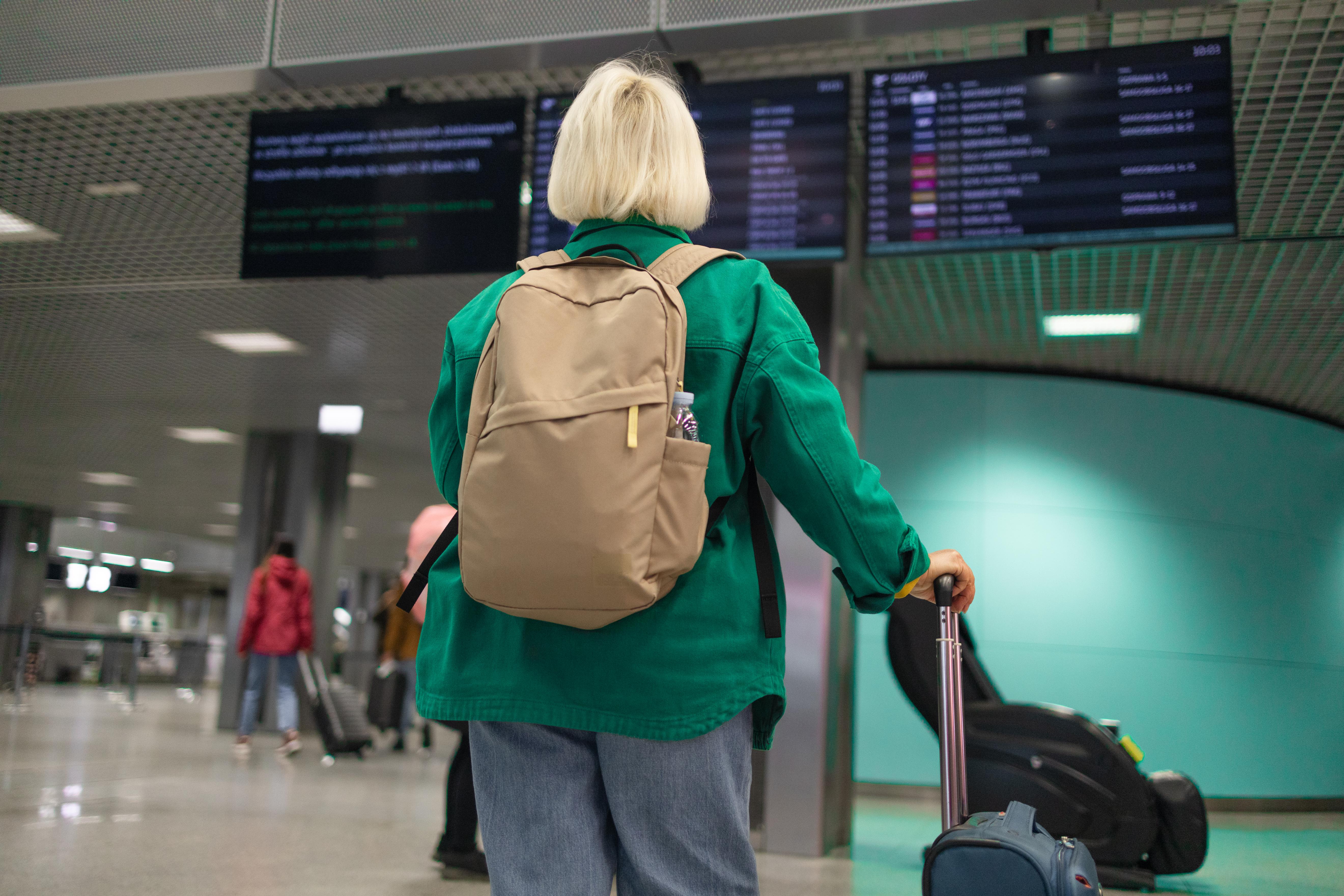21 Countries With "Do Not Travel" Warnings: What You Need To Know
In 2025, the call to explore our interconnected world feels more compelling than ever, yet the landscape of global travel shifts with astonishing speed. As political climates fluctuate, environmental events unfold unexpectedly, and health considerations remain dynamic, today’s savvy traveler pairs their wanderlust with keen awareness. This essential briefing is your up-to-date guide through these complexities, focusing on 21 countries currently flagged with significant travel warnings by governments worldwide to protect their citizens. We delve beyond mere alerts to uncover the specific reasons and nuanced risks involved, offering crucial context and actionable insights. Our mission is to empower you, the modern adventurer, not with fear, but with the vital knowledge to make informed, responsible decisions, ensuring your international journeys are as secure as they are enriching.
1. Afghanistan: Entrenched Instability & Humanitarian Peril
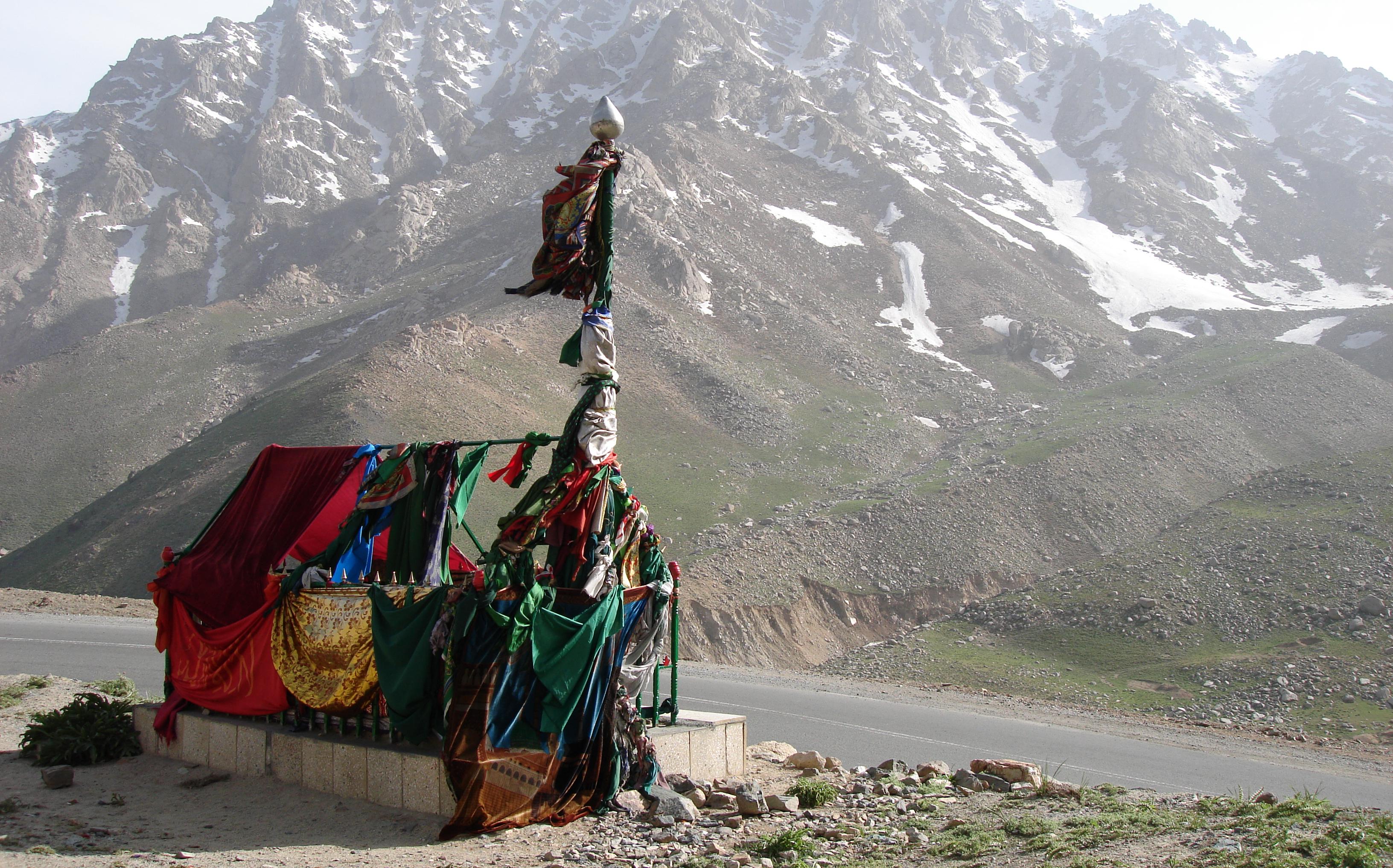
Afghanistan in 2025 remains one of the world's most dangerous countries, with an ongoing humanitarian crisis and a deeply volatile security environment under Taliban rule. The risk of terrorist attacks by groups like ISIS-K, arbitrary detention, kidnapping, and widespread human rights violations, particularly against women and ethnic minorities, is exceptionally high. Decades of conflict have shattered infrastructure, and access to basic necessities is severely limited for much of the population. Consular assistance for foreign nationals is virtually non-existent, making any travel an extreme gamble with personal safety amid a landscape of profound uncertainty.
2. Syria: Decade of Devastation, Persistent Warzone Realities
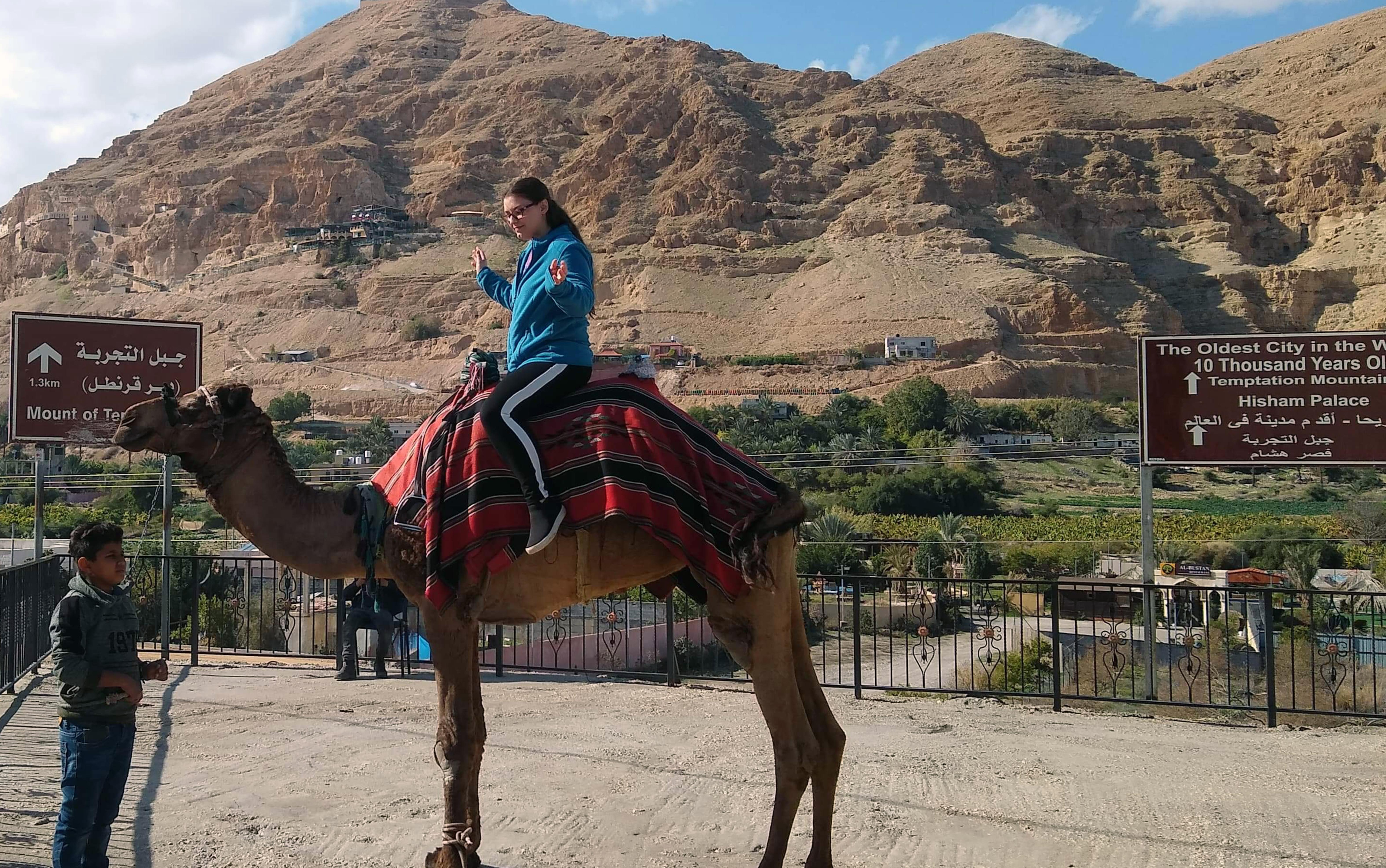
More than a decade into its devastating conflict, Syria remains fragmented and profoundly unsafe. Active hostilities persist in various regions, with risks from shelling, airstrikes, unexploded ordnance, and the activities of numerous armed factions, including extremist groups. The Assad regime maintains control in some areas, but widespread human rights abuses continue. Critical infrastructure is decimated, and the humanitarian situation is dire for millions. "Do Not Travel" advisories underscore the extreme danger from violence, potential for chemical weapon use, and the severe risk of kidnapping or wrongful detention, particularly for Westerners.
3. Yemen: Escalating Famine Amidst Unrelenting Warfare
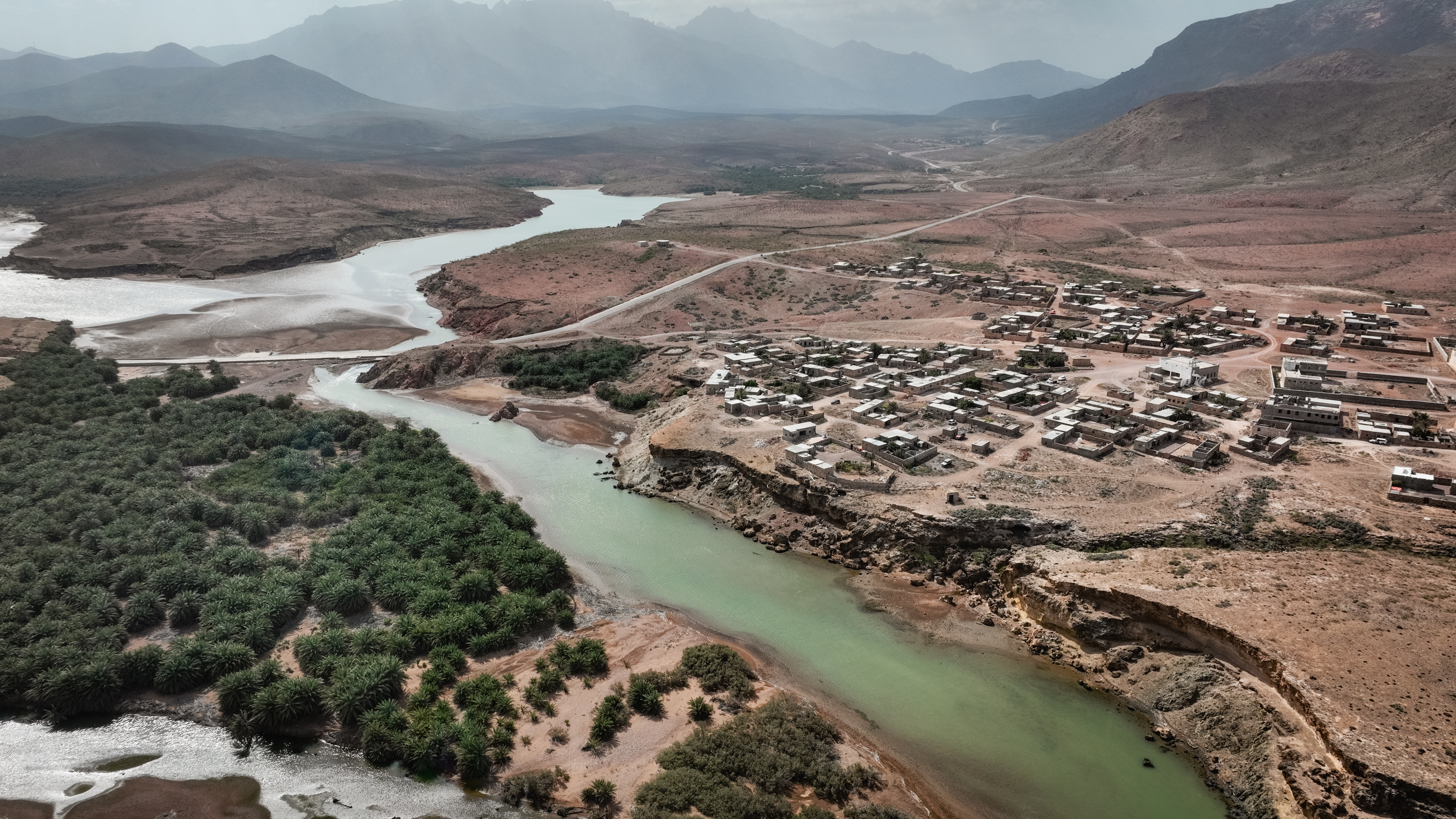
Yemen continues to endure one of the world's worst humanitarian catastrophes, a direct result of its protracted and complex civil war involving regional powers. In 2025, active fighting, airstrikes, and a near-total collapse of essential services define the landscape. Famine conditions are widespread, and diseases like cholera are rampant. The risk of kidnapping, cross-border attacks, terrorism, and being caught in indiscriminate shelling is exceptionally high. "Do Not Travel" warnings are absolute, reflecting the extreme dangers posed by ongoing conflict and the near impossibility of safe passage or assistance.
4. North Korea (DPRK): The Hermit Kingdom's Iron Grip & Unpredictability

The Democratic People's Republic of Korea remains an extraordinarily isolated and repressive state. While not a traditional conflict zone, the extreme risk of arbitrary arrest and long-term detention for foreigners, often for actions not considered crimes elsewhere or for vaguely defined "espionage," is a primary driver of "Do Not Travel" advisories. The opaque legal system offers no due process. Furthermore, the volatile geopolitical situation means regional tensions can escalate without warning. Any visit, typically only possible via highly restrictive state-controlled tours, carries profound personal risks and ethical considerations.
5. Libya: Competing Factions in a Lawless Expanse
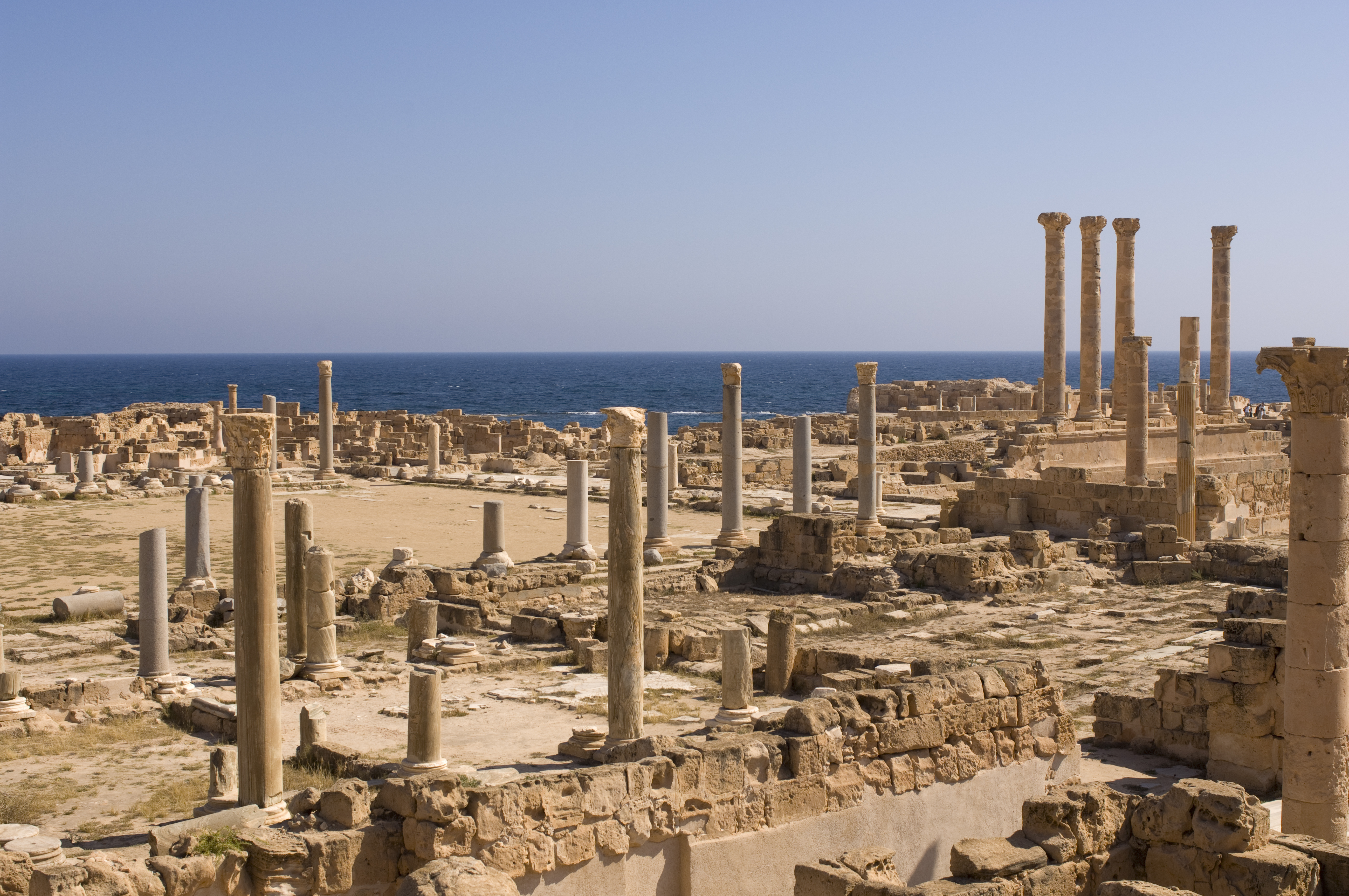
Libya in 2025 remains deeply fractured, with rival governments and a complex patchwork of militias, tribal forces, and foreign mercenaries vying for power and resources. The security vacuum has led to widespread lawlessness, with high risks of armed clashes, kidnappings (especially targeting foreigners for ransom), carjackings, and terrorist activities by groups exploiting the instability. Critical infrastructure is degraded, and the rule of law is largely absent outside of certain enclaves. "Do Not Travel" warnings reflect the extreme dangers in a country where central authority is tenuous and violence can erupt spontaneously.
6. Somalia: Persistent Extremism & Governance Voids
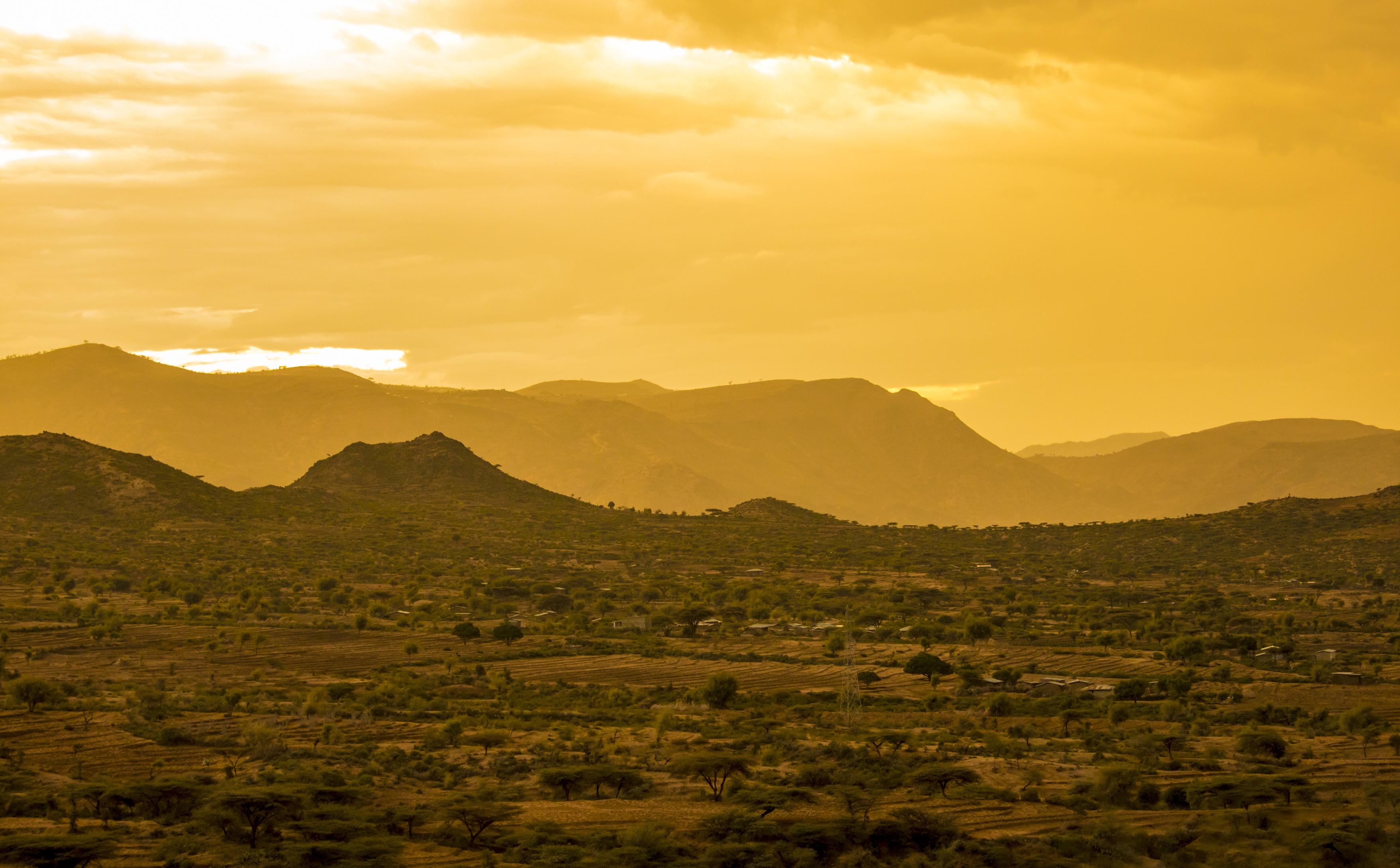
Decades of conflict and state fragility continue to plague Somalia, making it exceptionally dangerous. The Al-Shabaab extremist group maintains a potent presence, launching frequent attacks against government, civilian, and international targets across many regions, including sophisticated assaults in Mogadishu. Kidnapping for ransom, piracy in its maritime domain (though reduced), and inter-clan violence remain severe threats. "Do Not Travel" advisories are steadfast due to these extreme levels of violence and the very limited capacity of state security forces to provide protection, especially outside heavily fortified zones.
7. Iraq: Ancient Heritage Amidst Modern-Day Insecurity
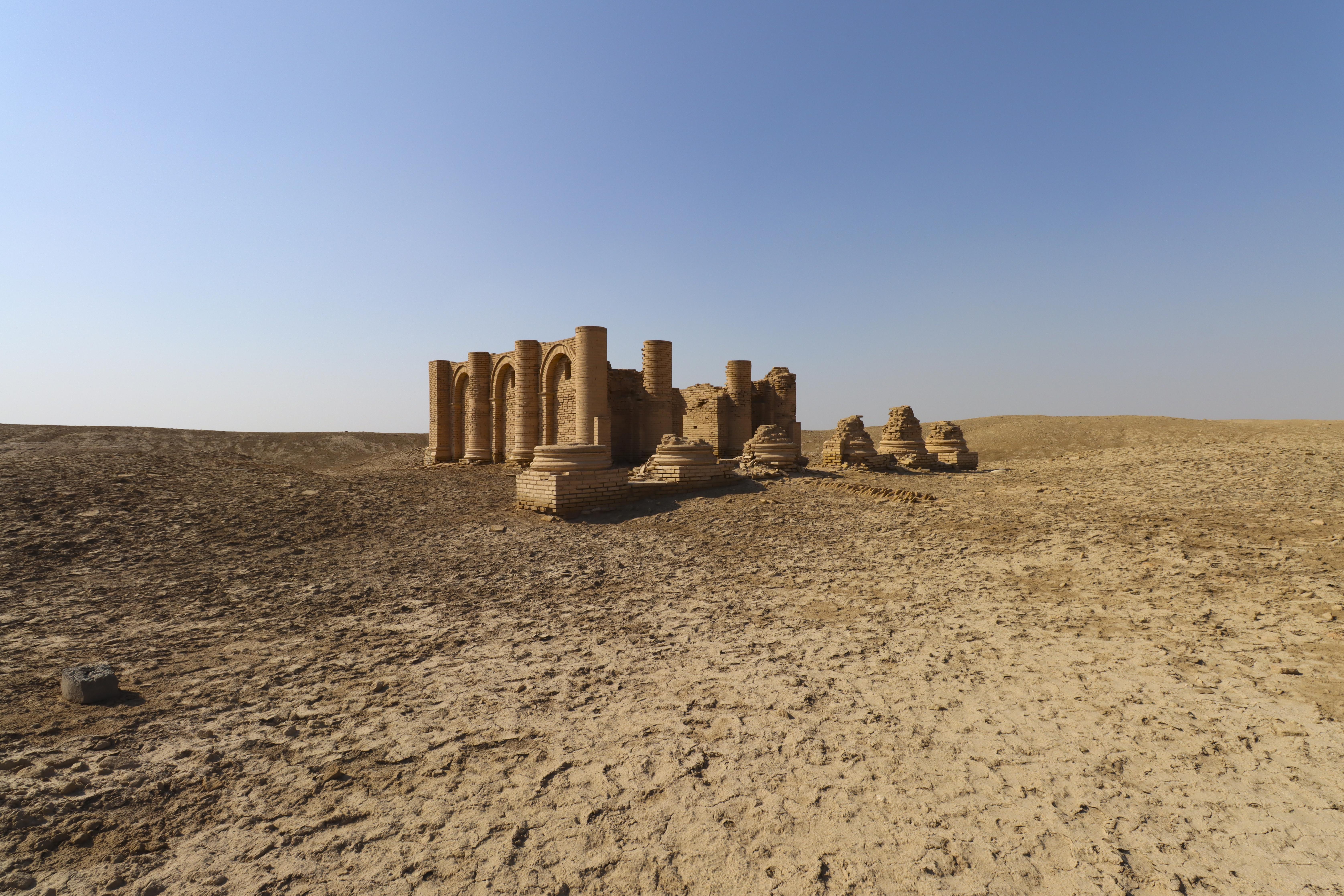
Iraq, home to millennia of human history, still grapples with the aftermath of multiple conflicts and persistent security challenges in 2025. Threats from remnants of ISIS, sectarian militias, and political instability contribute to a volatile environment. Risks include terrorist attacks (bombings, shootings), kidnappings, and sporadic armed clashes. While some areas, particularly within the Kurdistan Region, may have a nominally more stable security profile, the overarching "Do Not Travel" advisories for much of the country reflect severe dangers, especially for Westerners perceived as targets or caught in unpredictable violence.
8. South Sudan: Nation Under Siege from Internal Strife
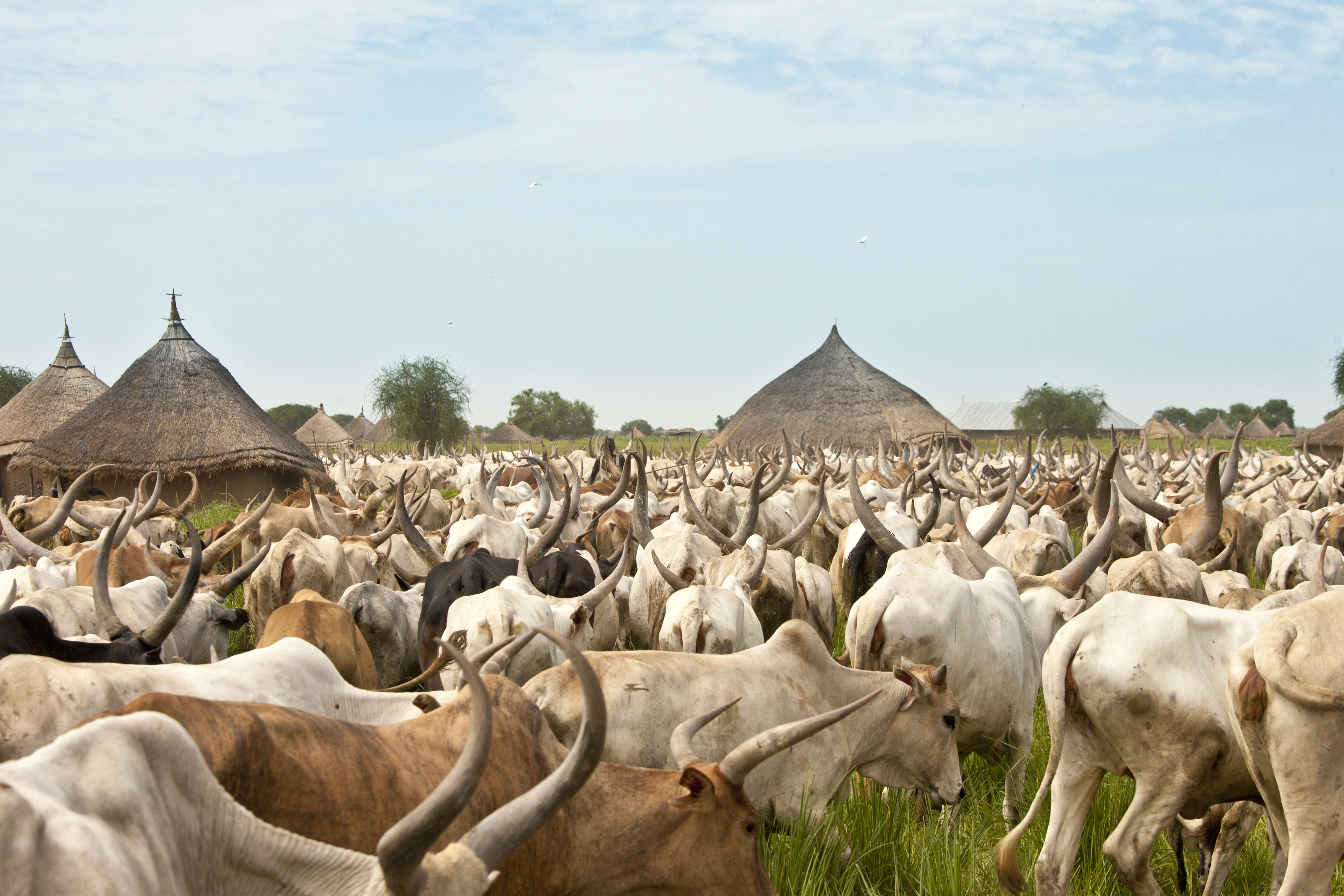
As one of the world's youngest nations, South Sudan remains devastated by recurring cycles of civil war, ethnic violence, and a catastrophic humanitarian crisis. In 2025, widespread food insecurity, displacement, and lack of basic services are the norm. Armed clashes between various factions and communal militias are frequent and unpredictable, posing extreme risks to civilians and any foreign nationals. Kidnapping, banditry, and targeted attacks on aid workers further compound the dangers. "Do Not Travel" advisories are absolute due to the pervasive instability and life-threatening conditions.
9. Central African Republic (CAR): Anarchy in the Heart of Africa

The Central African Republic continues to be ensnared in a brutal, complex conflict involving government forces, multiple armed rebel groups, and foreign private military contractors, often fighting over control of rich mineral resources. The state has little to no authority outside the capital, Bangui. Rampant human rights abuses, indiscriminate attacks on civilians, sexual violence, and looting are widespread. Foreigners face an exceptionally high risk of violence and kidnapping. "Do Not Travel" advisories reflect this state of near-total lawlessness and the extreme dangers inherent in being present.
10. Venezuela: Deepening Crisis & Societal Collapse
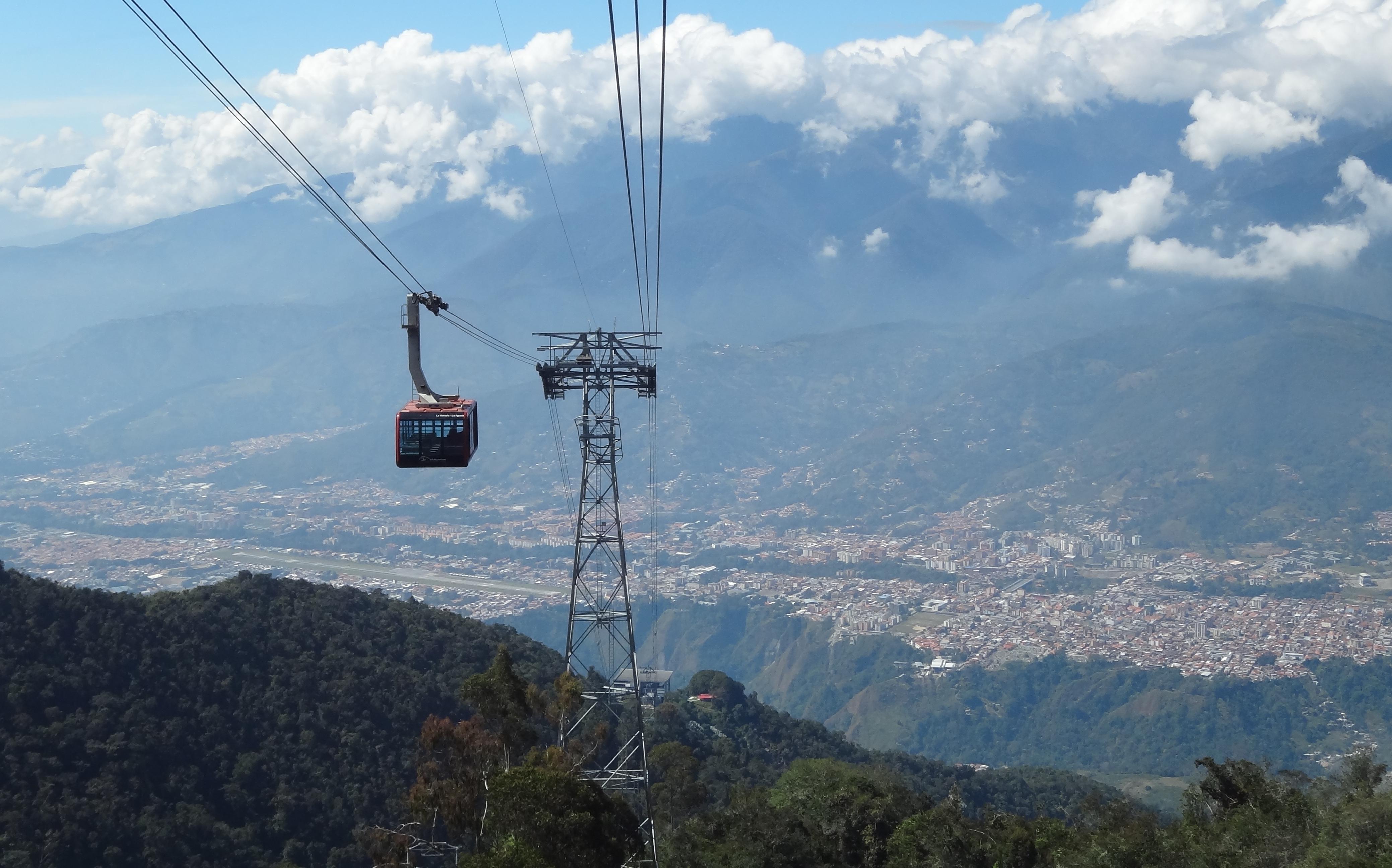
Venezuela's protracted political and socio-economic meltdown continues into 2025, with devastating consequences for its population. Hyperinflation, critical shortages of food, medicine, fuel, and clean water, alongside the decay of public services and infrastructure, persist. Violent crime, including murder, express kidnappings, and armed robbery, is endemic, fueled by desperation and state fragility. "Do Not Travel" warnings are stark, highlighting not only the crime but also the potential for political unrest and the severely limited capacity of foreign governments to assist their citizens in a collapsing state.
11. Mali: Expanding Insurgency in the Sahelian Arc

Mali remains at the epicenter of the Sahel's escalating security crisis in 2025. Jihadist groups affiliated with Al-Qaeda and ISIS operate extensively across northern and central Mali, launching attacks against security forces and civilians, and engaging in widespread kidnapping, particularly of Westerners. Political instability following military coups has further weakened state control. "Do Not Travel" advisories cover vast swathes of the country due to the extreme risk of terrorism, abduction, and violent crime, making any journey exceptionally perilous beyond heavily secured areas in Bamako.
12. Nigeria: Multifaceted Security Threats Across a Giant Nation

Nigeria, Africa's demographic giant, contends with a daunting array of concurrent security crises. In the northeast, Boko Haram and ISWAP insurgencies persist. The northwest is plagued by large-scale banditry, mass kidnappings for ransom, and intercommunal violence. The Middle Belt sees farmer-herder conflicts, while piracy and kidnapping threaten the Gulf of Guinea. Even urban areas experience high rates of violent crime. "Do Not Travel" advisories frequently target specific high-risk states, underscoring the severe and varied dangers that make many parts of Nigeria exceptionally hazardous.
13. Democratic Republic of the Congo (DRC): Conflict Minerals & Humanitarian Tragedy
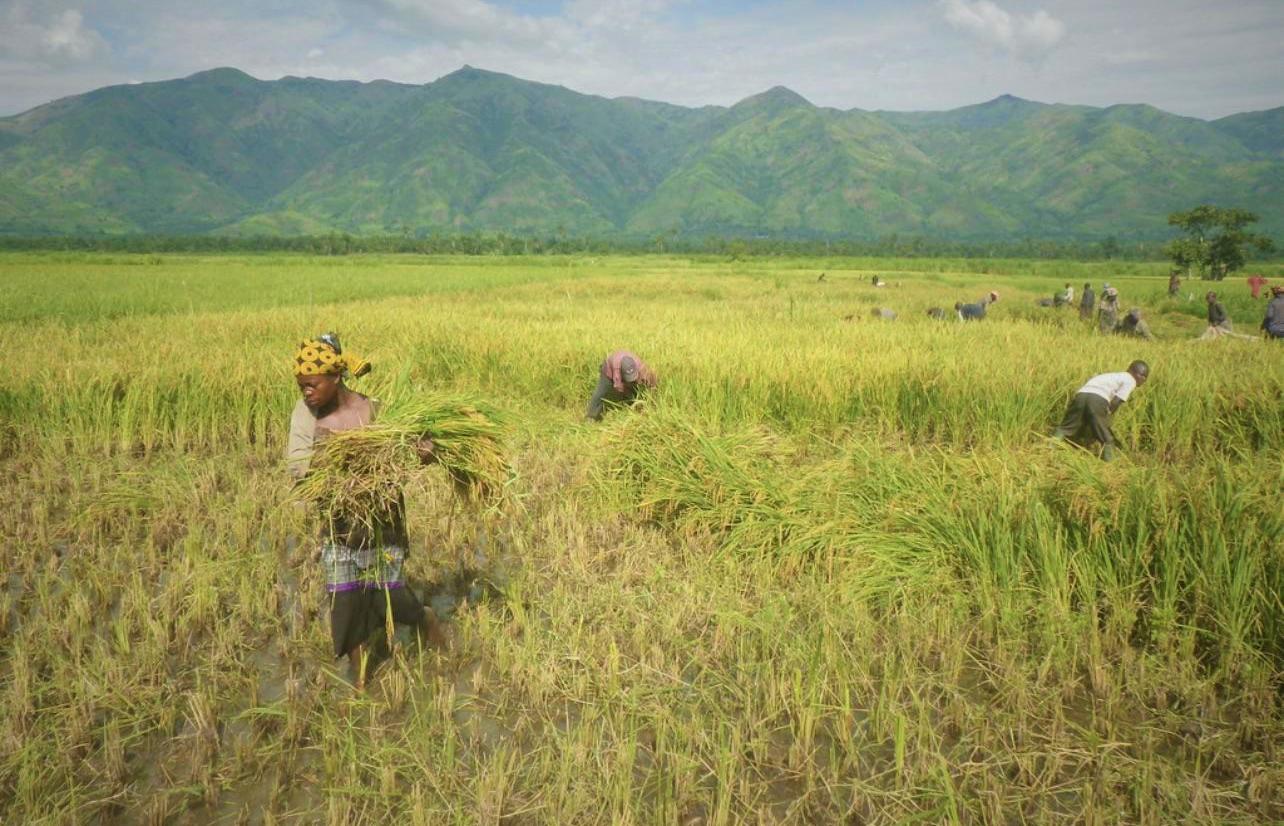
The eastern DRC remains one of Africa's most protracted and bloody conflict zones, fueled by competition for vast mineral wealth and exploited by numerous local and foreign-linked armed groups. In 2025, civilians endure horrific violence, including mass killings, sexual atrocities, and forced displacement. The risk of kidnapping, ambush, and being caught in crossfire is extreme. "Do Not Travel" warnings for provinces like North Kivu, South Kivu, and Ituri are absolute, reflecting a landscape where lawlessness and brutality are rampant and state protection is minimal to non-existent.
14. Ukraine: Enduring War and Indiscriminate Attacks

Three years on from the 2022 full-scale invasion, Ukraine in 2025 remains an active, high-intensity war zone. While front lines may have shifted, the entire country is subject to indiscriminate Russian missile, drone, and artillery attacks targeting civilian infrastructure and population centers far from combat areas. The risk of death, serious injury, or capture is exceptionally high, particularly in eastern and southern oblasts. "Do Not Travel" advisories are universal and emphatic, reflecting the ongoing state of war and the impossibility of guaranteeing safety for any foreign national.
15. Haiti: Descent into Gang-Dominated Anarchy

Haiti faces an unprecedented crisis of gang domination and state collapse in 2025. Heavily armed gangs control vast portions of Port-au-Prince and surrounding areas, engaging in relentless turf wars, mass kidnappings for ransom, murder, extortion, and widespread sexual violence. Critical infrastructure, including ports and fuel terminals, is often under gang siege, paralyzing the nation. There is virtually no functioning state security. "Do Not Travel" warnings are absolute, reflecting a situation of extreme lawlessness where foreign nationals are prime targets and no effective protection exists.
16. Sudan: Nation Engulfed by Rival Military Powers

The devastating conflict that erupted in Sudan in 2023 between the Sudanese Armed Forces (SAF) and the Rapid Support Forces (RSF) continues to tear the nation apart in 2025. Major cities, including Khartoum, have witnessed intense urban warfare, aerial bombardments, and widespread looting, leading to a catastrophic humanitarian crisis and mass displacement. Ethnic violence has also surged in regions like Darfur. "Do Not Travel" advisories reflect the active state of civil war, the total breakdown of law and order in many areas, and the extreme risk to all civilians.
17. Lebanon: Economic Ruin and Tinderbox Borders
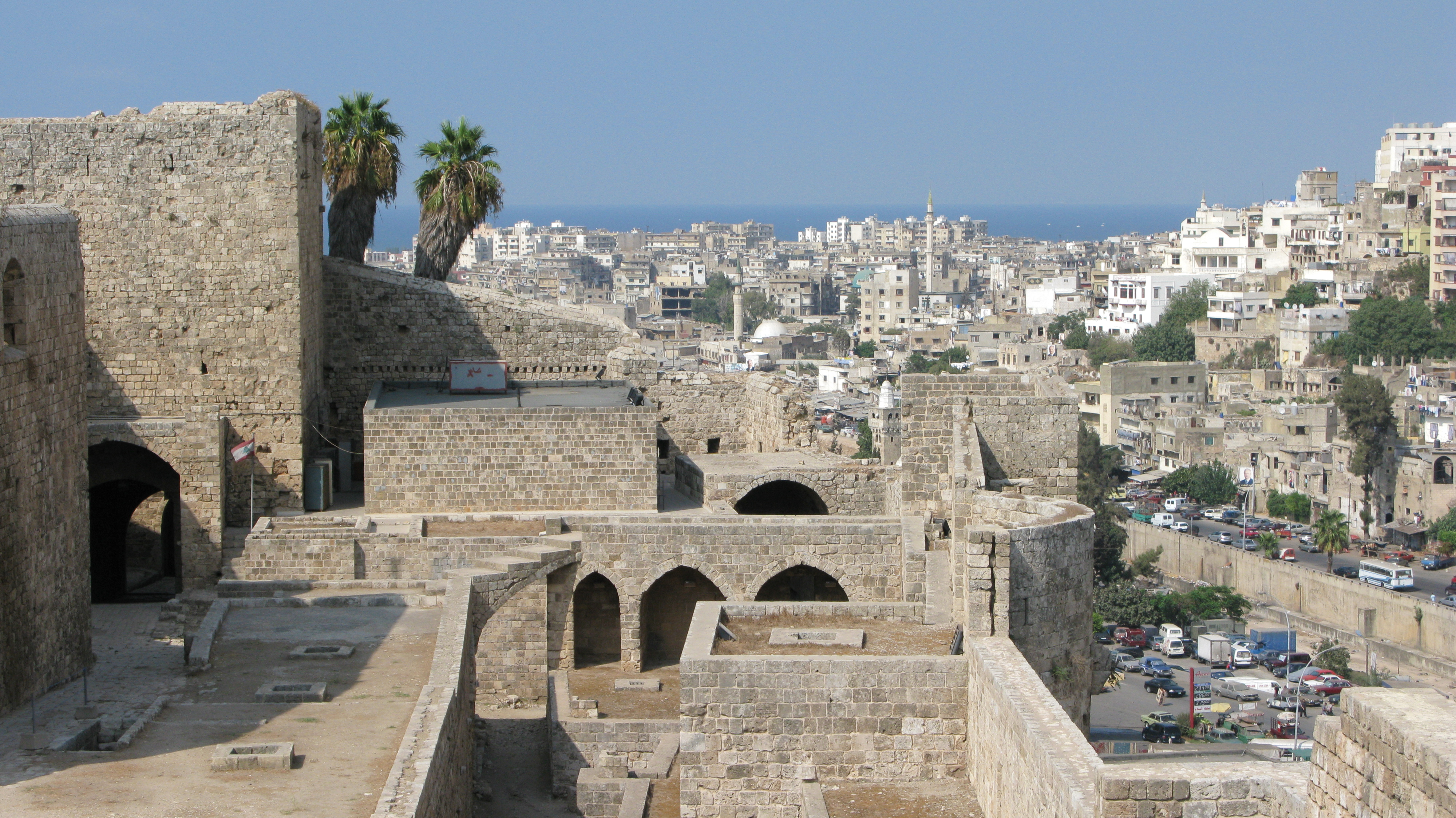
Lebanon in 2025 remains mired in a profound economic collapse, resulting in crippled public services, hyperinflation, and widespread poverty. This internal fragility is dangerously compounded by its volatile southern border with Israel, where frequent exchanges of fire with Hezbollah and the risk of a wider regional conflagration persist, potentially triggered by broader Middle Eastern events. "Do Not Travel" advisories often highlight the border region specifically but also stress the unpredictable security environment nationwide due to internal tensions and the potential for sudden escalations.
18. Pakistan: Volatile Borders and Enduring Militancy
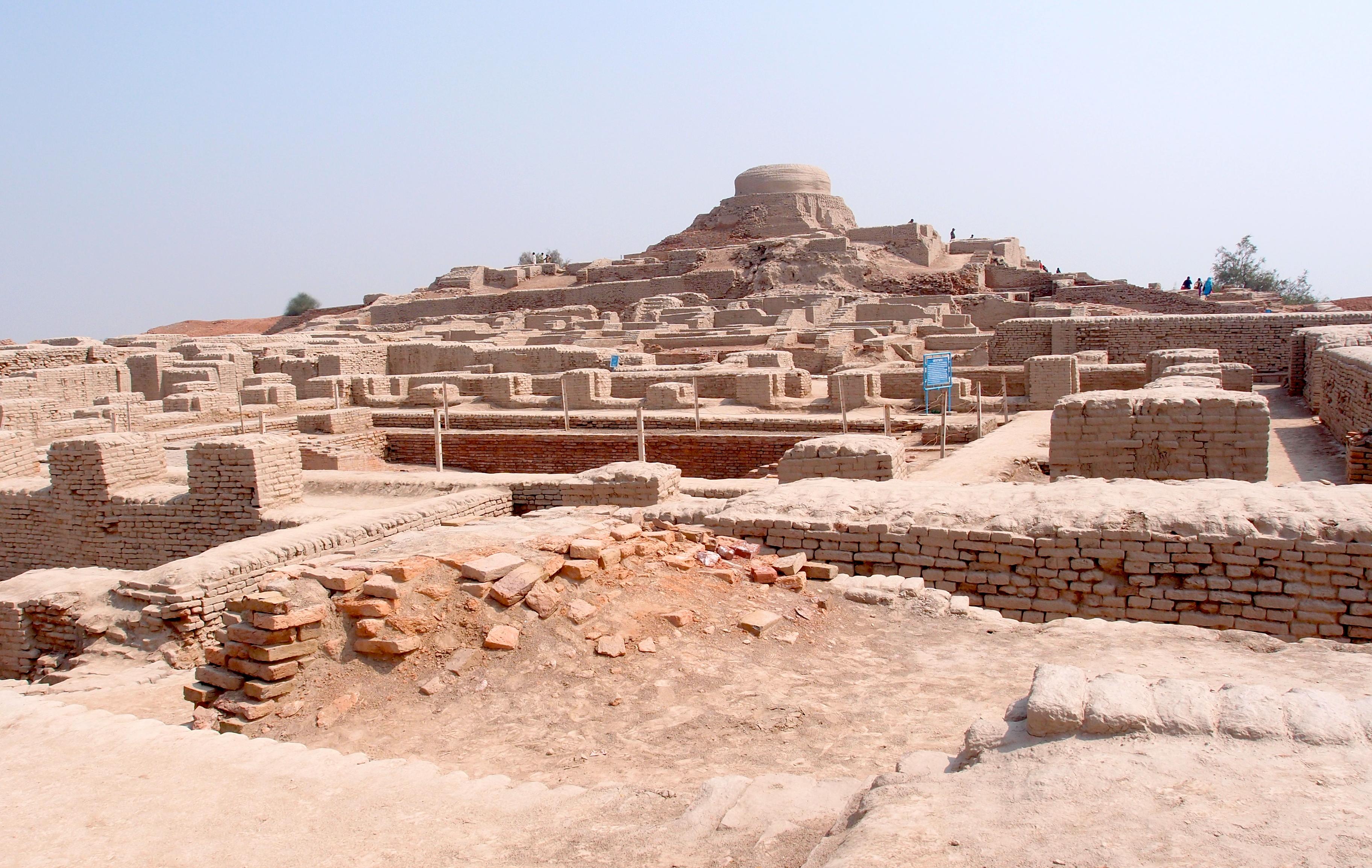
Pakistan continues to navigate a precarious security landscape in 2025, with significant threats from various domestic and transnational militant groups, including Tehrik-i-Taliban Pakistan (TTP) and IS-K. Regions bordering Afghanistan, particularly Khyber Pakhtunkhwa and Balochistan, remain high-risk areas for terrorist attacks, sectarian violence, and kidnappings. Political instability can also fuel unrest. "Do Not Travel" advisories often focus on these specific volatile regions, but a heightened state of caution is urged more broadly due to the unpredictable nature of potential threats against Western interests or public gatherings.
19. Iran: Repressive Climate and High Risk of Arbitrary Detention
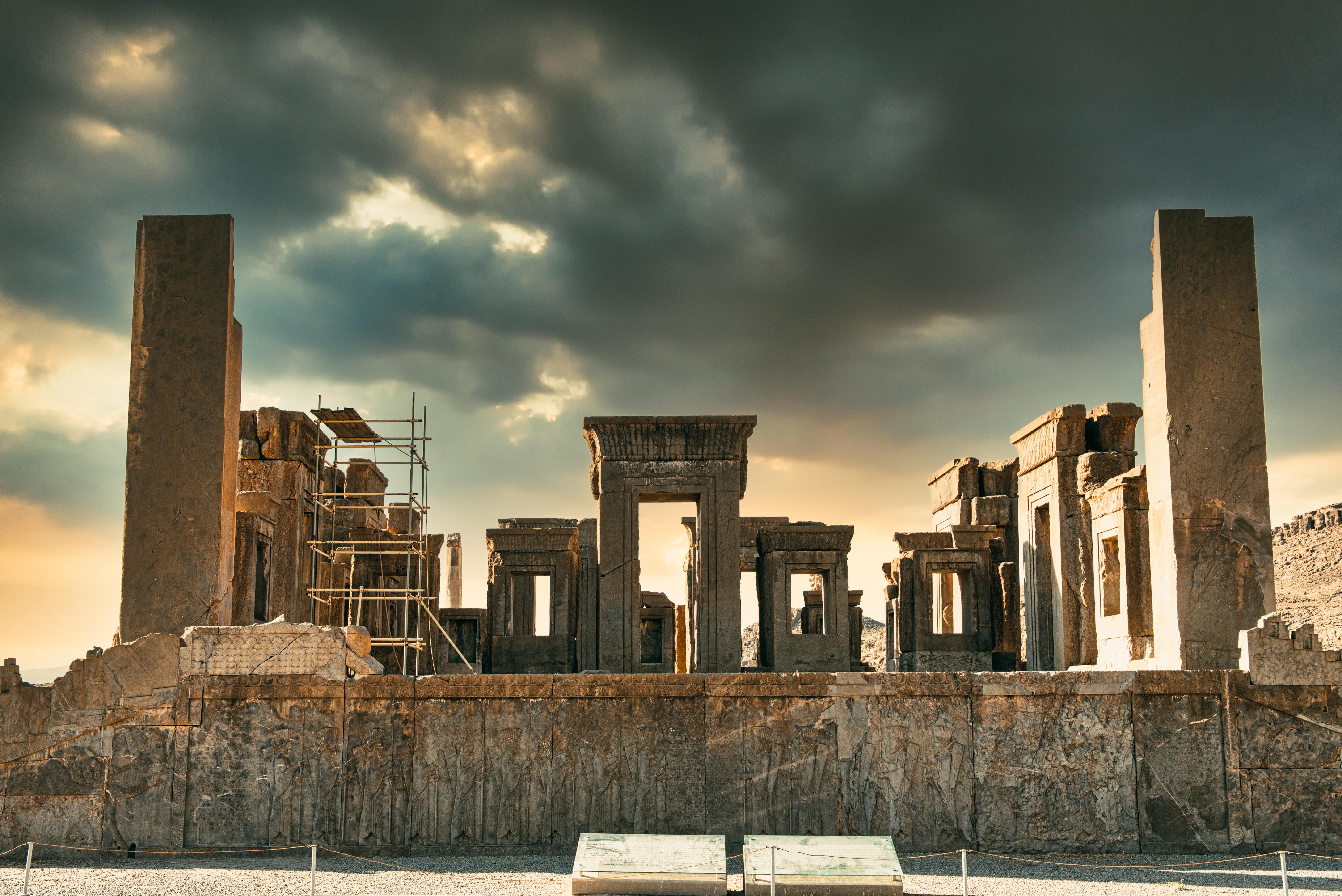
Iran's internal political climate remains highly repressive in 2025, and its fraught relations with many Western nations translate into extreme risks for foreign visitors, especially dual nationals. "Do Not Travel" advisories are primarily driven by the well-documented practice of arbitrary arrest, detention, and interrogation of foreigners on vaguely defined espionage or national security charges, often without due process or consular access. The risk of being used as a political pawn is significant. Civil unrest can also occur, met with harsh state responses, adding to the dangers.
20. Ethiopia: Unresolved Conflicts and Ethnic Strife
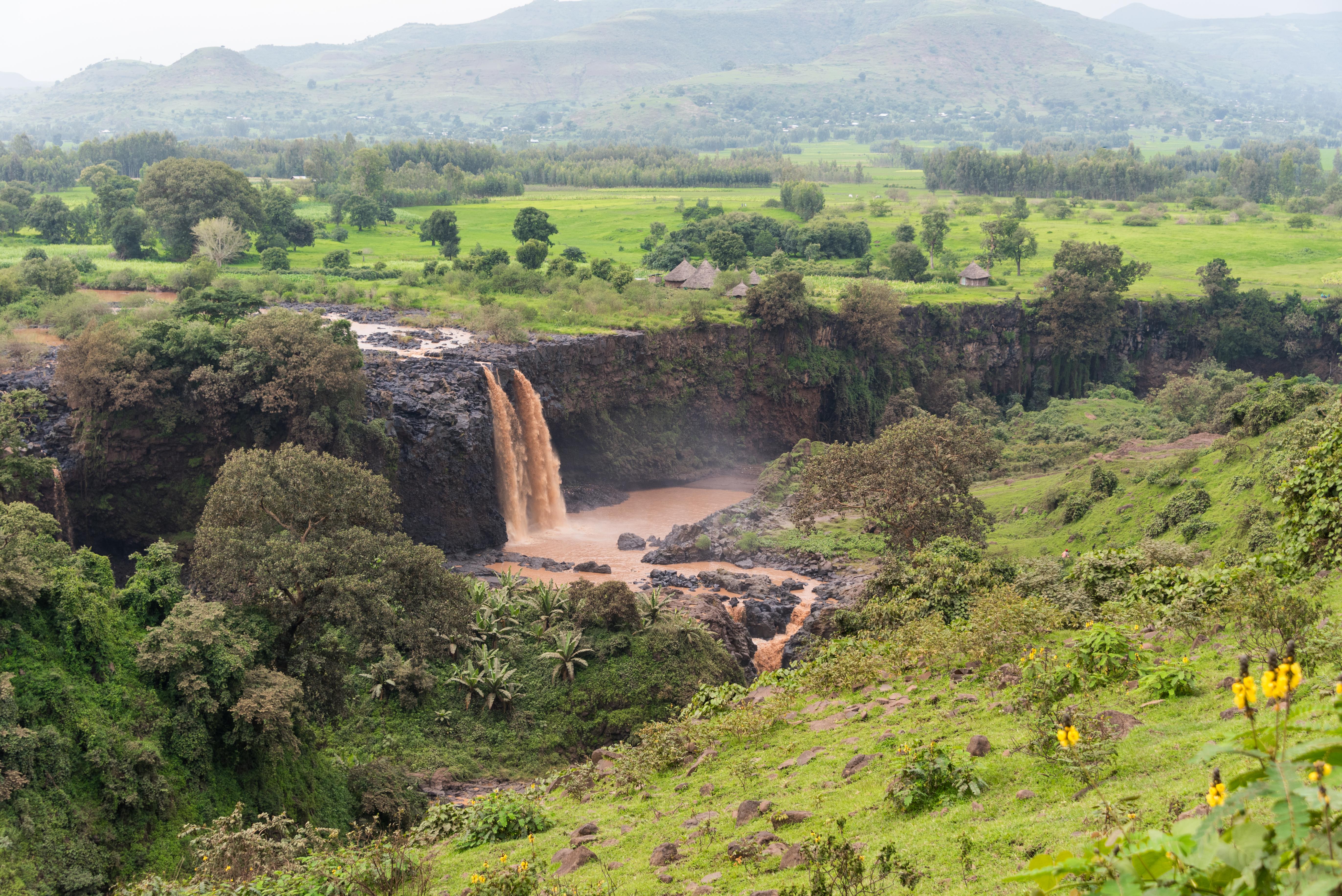
Ethiopia, a nation of ancient history and diverse peoples, continues to grapple with unresolved internal conflicts and deep-seated ethnic tensions in several regions, notably Tigray, Amhara, and Oromia, in 2025. While major hostilities may have paused or shifted, the underlying grievances and potential for renewed large-scale violence, armed clashes, and severe human rights abuses remain high. Humanitarian access is often restricted. "Do Not Travel" advisories for these specific regions persist due to the volatile and dangerous security situation, which can deteriorate rapidly and unpredictably.
21. Myanmar: Post-Coup Conflict and State Repression
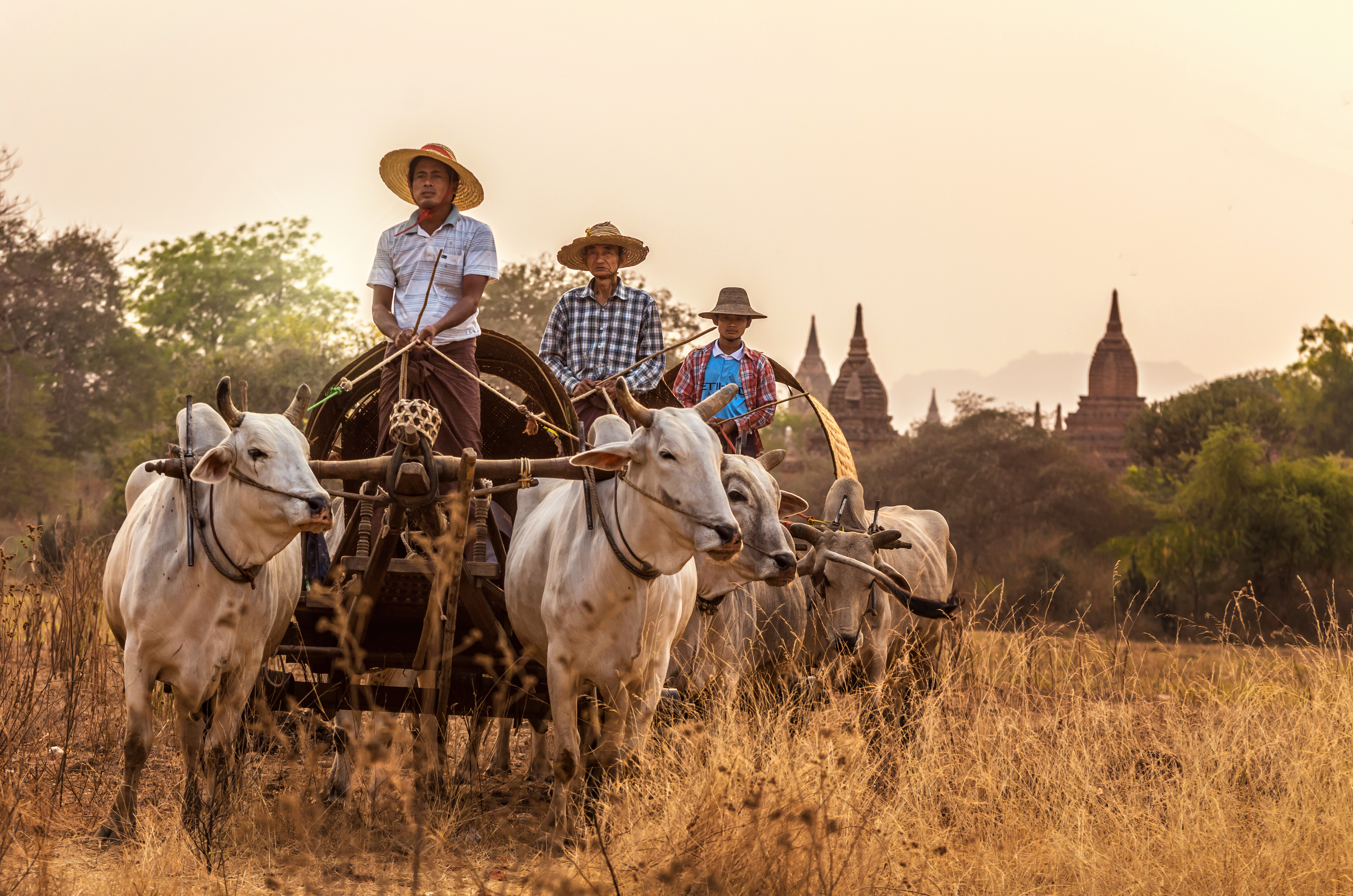
Since the 2021 military coup, Myanmar has been engulfed in a widespread and intensifying civil conflict. The military junta faces armed resistance from various ethnic armed organizations and People's Defence Forces across large swathes of the country. Indiscriminate violence by state security forces against civilians, including airstrikes, shelling, and mass arrests, is common. "Do Not Travel" advisories are absolute due to the active internal armed conflict, the extreme risk of arbitrary detention, and the breakdown of basic rule of law, making any visit exceptionally perilous.
Navigating a Volatile World: The Imperative of Informed Caution

The global landscape in 2025 underscores a sobering reality: certain regions pose extreme, undeniable risks to personal safety, prompting the most stringent "Do Not Travel" advisories from governments worldwide. This exploration of 21 such nations is not an itinerary for the daring, but a vital briefing for global awareness. Understanding the complex interplay of conflict, political instability, humanitarian crises, and state repression behind these warnings is crucial. While the allure of diverse cultures and histories remains, heeding these advisories is paramount. True global citizenship in these turbulent times means prioritizing safety, respecting the gravity of these situations, and making informed decisions that safeguard well-being above all else.




